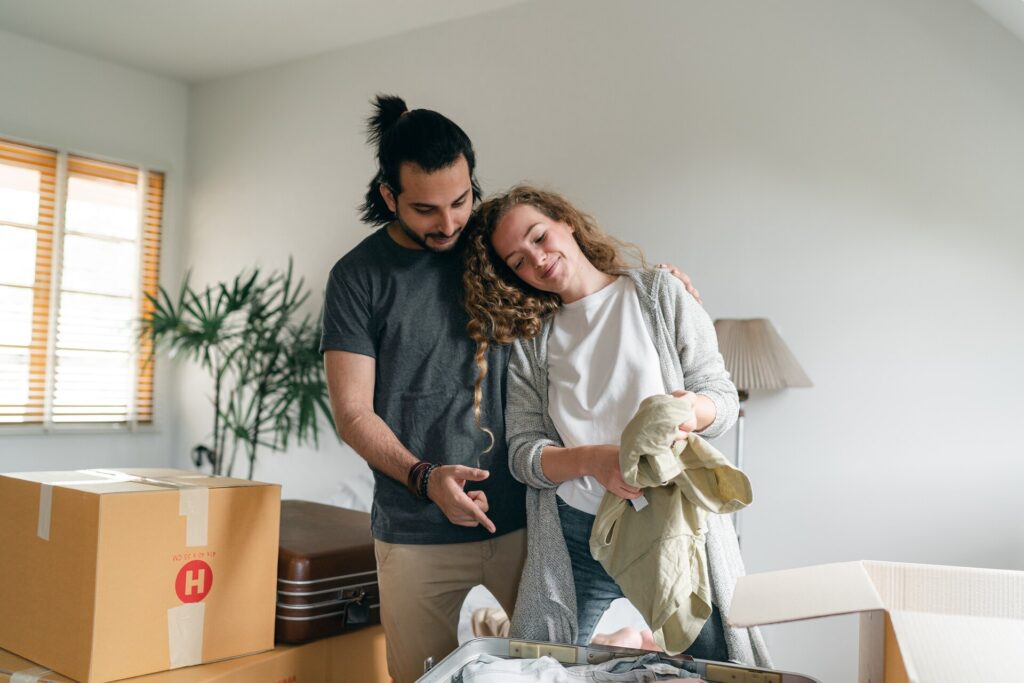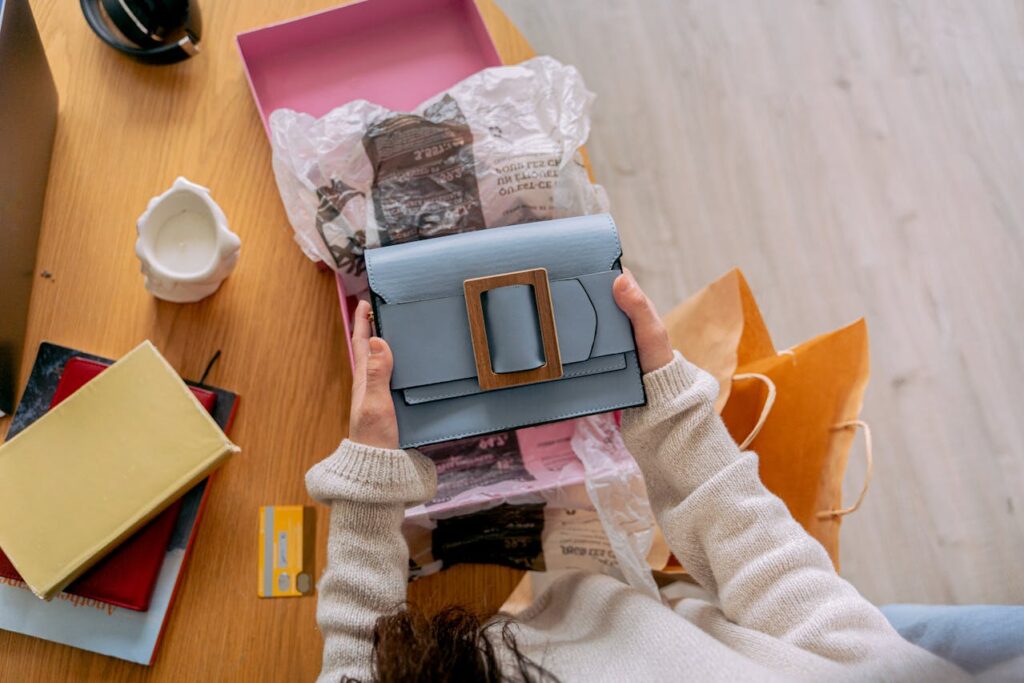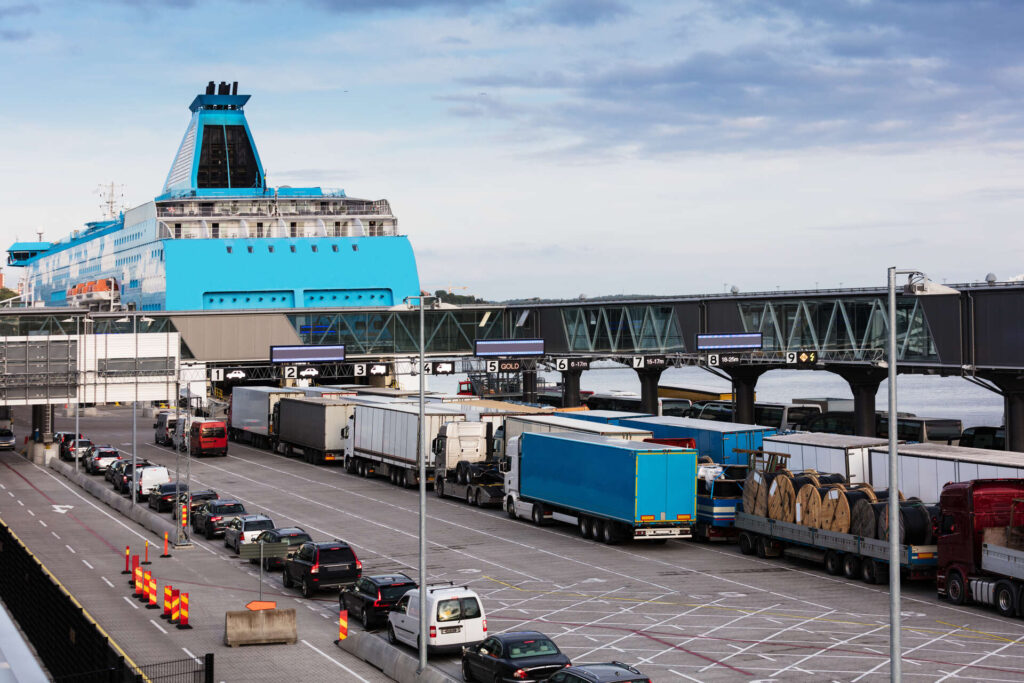When moving internationally, you should count on more time, miles, and difficulties than when it comes to cross-country relocation. Deciding what to keep when moving is just another of the tasks more complex than it would be if you opt for a move inside the country’s borders. Luckily, we are here to help – learn several tips on embracing minimalism needed for every international move while escaping the burden (both physical and emotional) of your old life.


What Items Are Worth Moving – The Essential Question During International Relocation
Carefully going through all of your belongings and sorting them is important during every type of move. Local movers usually set the price in connection to their working hours, while long-distance ones charge by your inventory’s weight – in both cases having less of your belongings will benefit the final cost. Relocation across the world follows the same pattern but brings significantly higher costs than previously mentioned types, especially if you choose a moving by air option over a moving by sea. The way to lessen the relocation price, however, stays the same, you just have to be more radical – keep only belongings that are absolutely necessary to you.
Making This Important Decision Is up to You
Concern about the budget is one of the many things increasing the relocation stress levels, while the others are connected to the way of organizing the process itself and packing belongings, so they don’t get damaged during the long journey to the new home. And even if you contact an international moving company and hire its packing services in order to reduce stress, know that packers can’t be the ones deciding which items are worth relocating – it is entirely up to you.


How to Decide What to Get Rid of and What to Keep When Moving?
Choosing what to pack when relocating abroad and what to leave behind isn’t as simple as it seems. Firstly, you won’t know how much clutter you gathered until you start going through all the stuff in the back of the closets and drawers. Secondly, you’ll realize that you formed an emotional connection to various things you now should let go of. In order to make the deciding process easier on yourself, follow our tips by answering some of the following questions:
- Have you used the item in the last year? If you have, don’t think that living overseas will change that. If you own a bike or two and can’t remember when you last rode it, know that it would be easier to rent the bike when you need one.
- Is it damaged or expired? Chipped mugs, a toaster “you are going to repair any day now,” or a mismatched set of plastic containers are not worth keeping. Also, you should pay attention to the expiration dates for your medicine, toiletries, and food.
- Will it fit in a different home? Many expats opt for renting an apartment when they first arrive in a foreign country, so ensure to discard those bulky and impractical furniture pieces.
- Do those clothes and shoes fit you? There is no point in making yourself miserable by keeping the pair of jeans you rocked ten years ago but can’t button up anymore.
- Do you have multiple variations of the same item? There is no reason for keeping torn linens, stiff and scratchy towels, or five sets of knives.
- Are you keeping it in your home out of guilt? There is no better excuse to patch through those gifts you didn’t like at the beginning than moving overseas.
The Most Important Question
A crucial question you should ask yourself before packing stuff is how long you plan on staying in a foreign country. For example, many students relocate abroad just for a year to attend world-renowned scientific programs. It is normal that their boxing up list won’t contain as many objects as for those who plan to relocate overseas permanently. Note that reasons to move could play a big role in deciding what to keep. And of course, if you are not certain whether to keep something or not, keep in mind that choosing storage services will be a good option until you finally decide or move back to the States.
What Should I Purge Before Moving – Know the Country’s Restrictions
Thinking about what to leave behind while relocating abroad has one more complication compared to deciding what to get rid of when moving across the country – each foreign state has its own rules and restrictions regarding importing. When relocating to New Zealand, for example, know that you will need to have a special permit if you are shipping jewelry made of ivory. Also, crayons and watercolor paints must be made according to this country’s regulations in order to be imported. If you plan to relocate to Dubai, on the other hand, you must be aware that all objects that have Israeli origin or some kind of Israel’s emblem are strictly prohibited when it comes to importing. Ensure to know the country’s rules before you start boxing up your goods.
If you want to hire an overseas shipping company for relocating your vehicle, know that different countries have different regulations regarding the age of the car, dimensions, or modifications – before opting for this type of shipping overseas, ensure to visit the country’s official website or contact the local embassy.
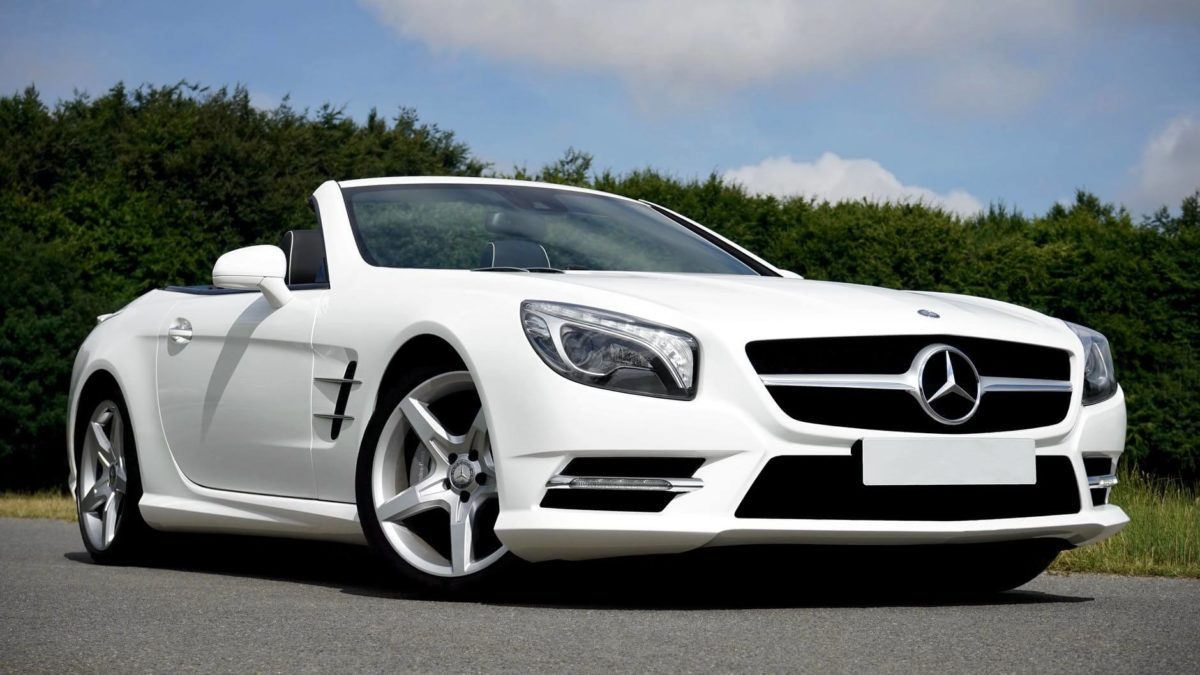

What to Keep and What to Throw Away – A Room by Room System
International moves demand thorough research on the topic of how to move abroad and excellent organization skills when it comes to all of the smaller tasks on the relocating abroad checklist. When thinking about what to keep and what to sell when moving, you must have a plan of action. It would be best if decluttering could follow the packing process so that you could start with areas you rarely use and finish with those used the most. Simultaneously, you should decide what to do with objects you do not want to keep – throw away the unusable and sell the more valuable. You could also donate some of your belongings to the Salvation Army or contact other charities or shelters that could need them.
Start With Storage Spaces When Decluttering Your House
Places in the house such as basements, attic, or garage are the ones we use for storing objects we rarely use. That is the reason you’ll have the most work here when decluttering. The one-year rule is one of the relocation tips that you should apply in this case – everything that was not used during that period should not be shipped to a foreign country. Note that there will probably be more than one old appliance that is either not working properly or is an outdated model which still works. They don’t belong on your relocation inventory list – you should either throw or donate them.
When relocating abroad, know that tools such as hammers, screwdrivers, and the like could be handy, especially at the initial phase of your life in the new house. However, we doubt that you’ll go all the way around the world to do a little bit more gardening work, so leave your gardening tools out of the relocation boxes.
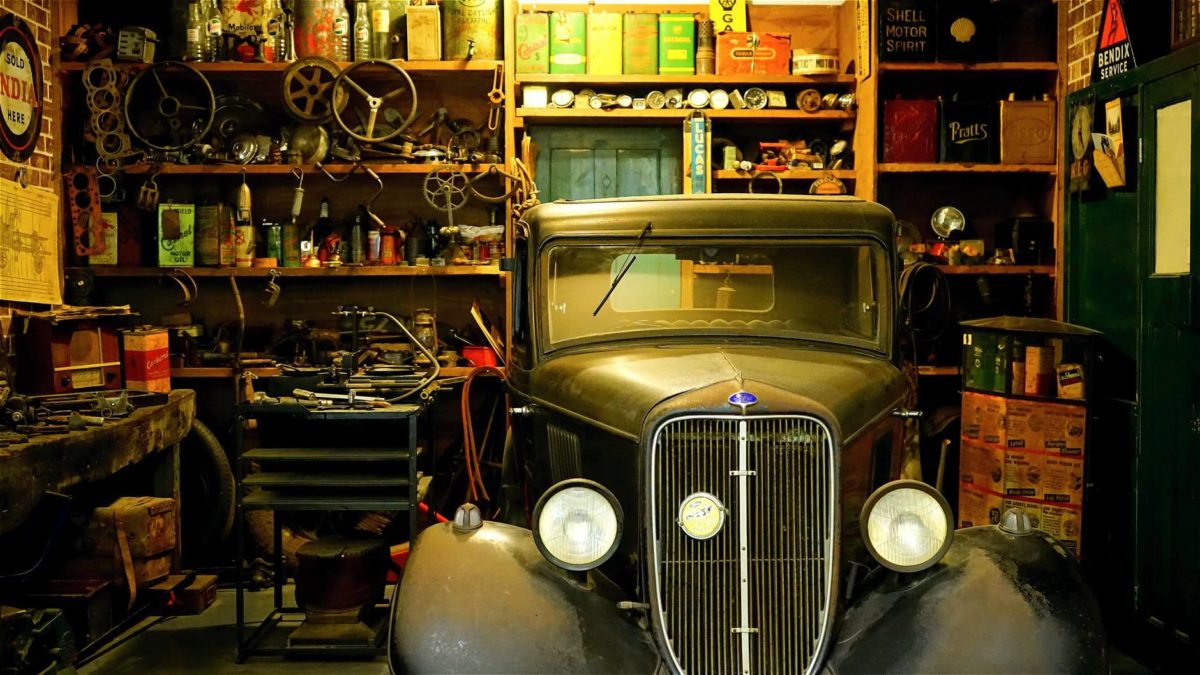

Things to Salvage From Your Living Room and Bedroom
Deciding what to do with furniture is one of the main concerns while moving abroad. Ensure to have by your side just the most vital furnishing pieces, such as bed and dresser – those non-essential things you could buy on arrival. Also, know that low-quality furniture probably won’t survive the move, so try to relocate only stronger and better quality objects. The same goes for your electronics – bring only the essentials. One of the relocation questions to ask the employer if you are relocating for a job is about the equipment you’ll be supplied with. Try not to double them by bringing your own.
When packing clothes, ensure to have in mind the climate of the chosen country. If you are relocating to the Bahamas, for example, leave behind most of your winter wardrobe. Also, ensure to always keep close to you those documents needed to travel abroad and throw away those no longer important documents, such as bills paid more than a year ago or guarantees that are no longer valid.
If you are a book lover, you’ll be sad to realize how much their weight could affect the price of your move. At the cost of losing the enjoyment of the tactile connection with the book, try getting more digital editions. Keep just those books you adore and some handbooks on learning a language abroad in order to break the language barrier if you are not relocating to the UK or some other country with English as an official language.
Next in line with the entertainment pieces are kids’ toys you are not ready to leave behind. However, you must be realistic – if you are relocating with kids that are still very young, bring just their favorite toys. If you just find it hard to part with the memories they bring, do everything in your power to pick only the one closest to your heart.
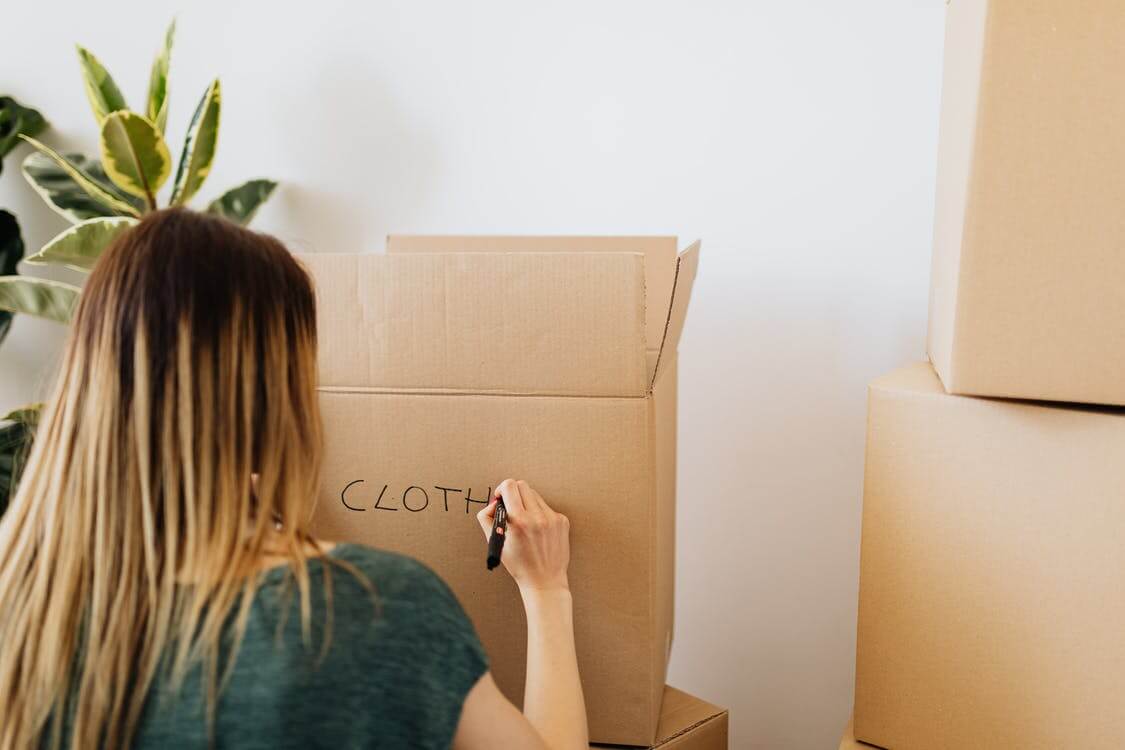

Kitchen and Bathroom Should Be Left for Last
Try to keep your kitchen utensils collection to a bare minimum, especially if you are relocating abroad alone. You don’t need multiple sets of cutlery, glasses, plates, or mugs that are currently located in your house. Appliances are often heavy and can significantly impact your relocation costs, so be sure to bring only what you must. And as for the small one, we agree that coffee-maker could be a life-saver, but be honest with yourself – for how long have you planned to eat healthier and to use that blender, but never did?
As for your bathroom cabinet, ensure to pack your medications, but try hard to use the toiletries such as shampoos, shower gels, or perfumes – those items can be bought almost anywhere you go. And if you decide to travel abroad during covid-19, have prepared disinfection wipes and hand sanitizer at any time. As for shower curtains and rugs, throw them away, so they don’t damage your other belongings.
Of course, we presented you only with the draft that should push you in the right direction. However, If you want to find out more items that are worth relocating abroad, watch the following video:
When Is Old Stuff Worth Keeping?
When learning how to move to another country, you’ll have to make the difference between the old object that has significant value and the one that doesn’t have it at all. We said outdated and broken appliances and furniture should be left behind, but what of your old objects should travel abroad with you? Consider belongings like:
- Items connected to the best memories (like photo albums),
- Family heirlooms,
- Gifts that are very special to your heart,
- Unique, vintage and one-of-a-kind and vintage objects (such as paintings),
- Collector’s items,
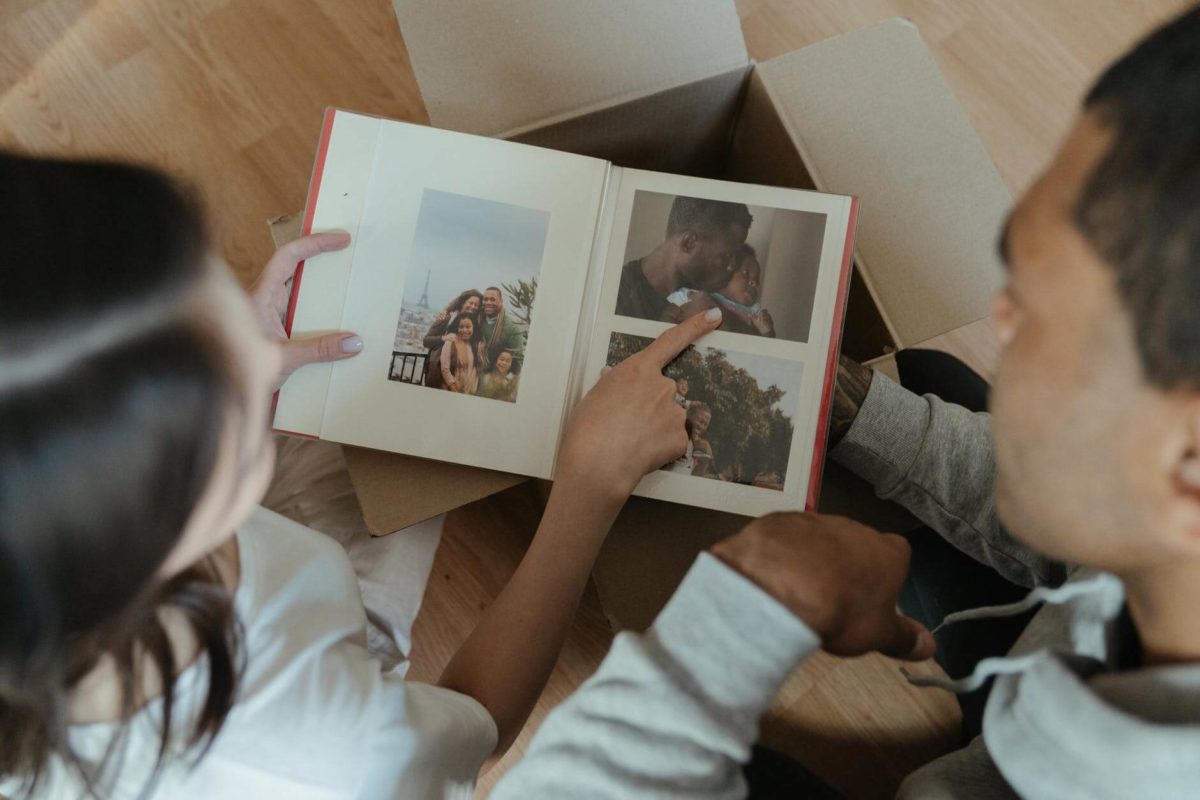

The Main Goal – Keep the Pile That Will Be Valuable in Your New Place
With so many other things to worry about, such as adjusting to a different country as well as how to keep in touch with friends after relocating abroad, do not let yourself rethink if something needs to be left behind. The one criterion all objects you choose to keep must pass is that they are valuable to you – they must be useful, financially worthy, or provide you with emotional comfort and make you happy. Anything else could be replaced, so there is no reason for wasting your money, time, and supplies on it. And now that you know the most efficient way of reducing cost while relocating overseas, it is time to find the best overseas moving company, make contact and book a move – let your new and exciting life chapter start.

